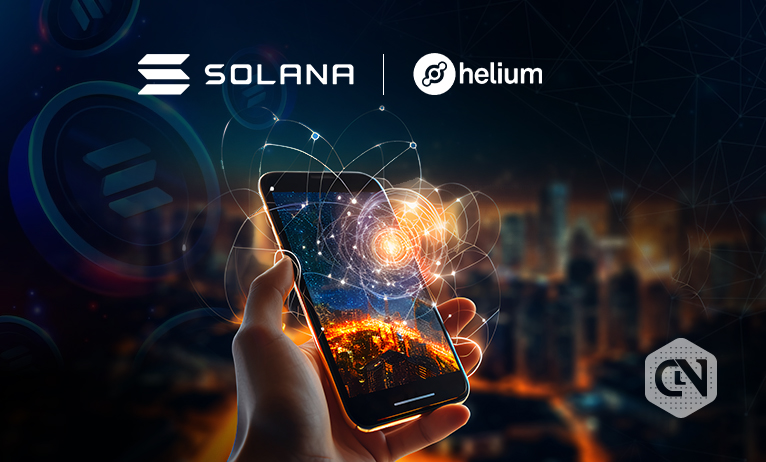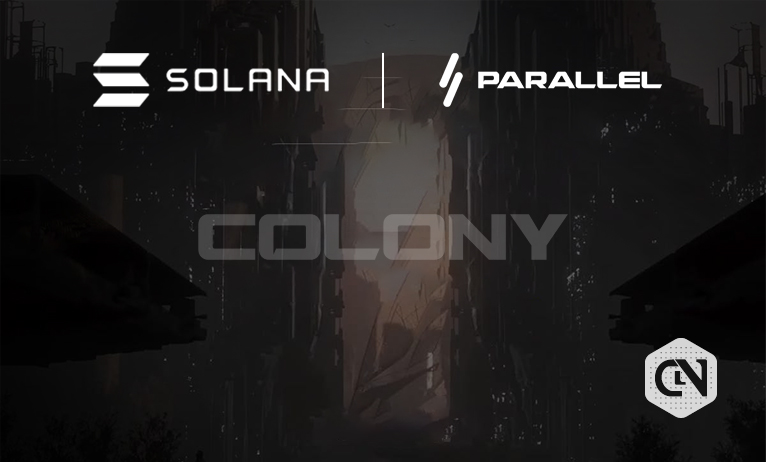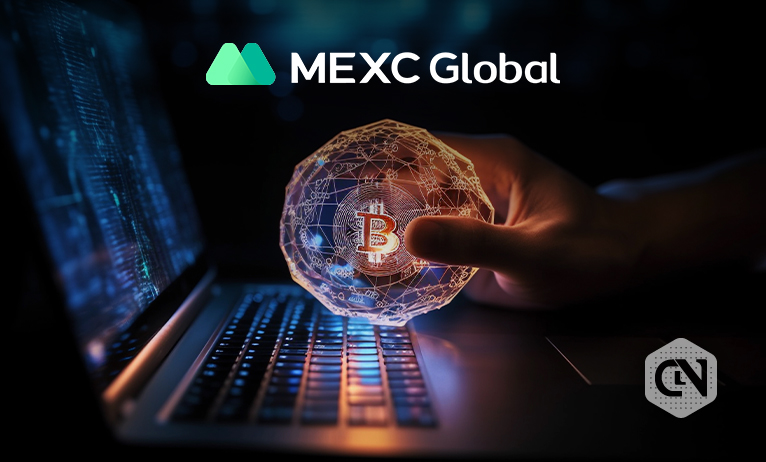Decentralized Physical Infrastructure Networking (DePIN)
Decentralized physical infrastructure networking (DePIN) represents one of the rapidly growing sectors within Web3, exerting a significant influence on individuals in the physical realm. DePIN leverages incentives to stimulate the development of a framework that enhances computer processing for electric vehicle (EV) charging.
Helium: Pioneering Decentralized Wireless Networks
Among the notable players in this domain, Helium stands out for its construction of a decentralized wireless network that has garnered global attention for its accelerated growth trajectory. The company, serving as a mobile service provider, offers $20 monthly for 5G connections through its Helium Mobile network.
Abhay Kumar, the CEO of Helium Foundation, elucidates that the network facilitates the seamless connection between providers and recipients, fostering a symbiotic relationship within the ecosystem.
Noah Prince, the Head of Protocol Engineering at Helium Foundation, affirms that Helium represents a practical use case due to its integration with tangible hardware in the real world. Notably, the network supports both a 5G infrastructure and an Internet of Things (IoT) network, enabling broad accessibility for users.
Providers of hotspot services receive compensation in Helium’s native tokens, reflecting the value of the connectivity they contribute to the network. Scott Sigel, the Chief Operating Officer of Helium Foundation, underscores the cost-effectiveness of operating within a community-driven network, which circumvents the substantial infrastructure and overhead expenses associated with traditional networks.
Expanding Reach and Collaborations
Helium’s strategic transition to Solana has enabled the company to extend its offerings, providing unlimited 5G cellular connectivity for $20 across the United States and branching out to the Mexican market in partnership with Telefonica. Furthermore, collaborations with industry giants like Google have facilitated the integration of Helium’s services with devices such as the Pixel 8 smartphone through Hotspot technology. Sigel emphasizes that token incentives serve as a critical driver for real-world connectivity, leveraging blockchain technology to enhance network efficiency.
With its emphasis on speed and scalability, Solana emerges as a pivotal technological partner for Helium, enabling the network to evolve and meet the evolving demands of the modern digital landscape.
Image/Photo credit: source url





